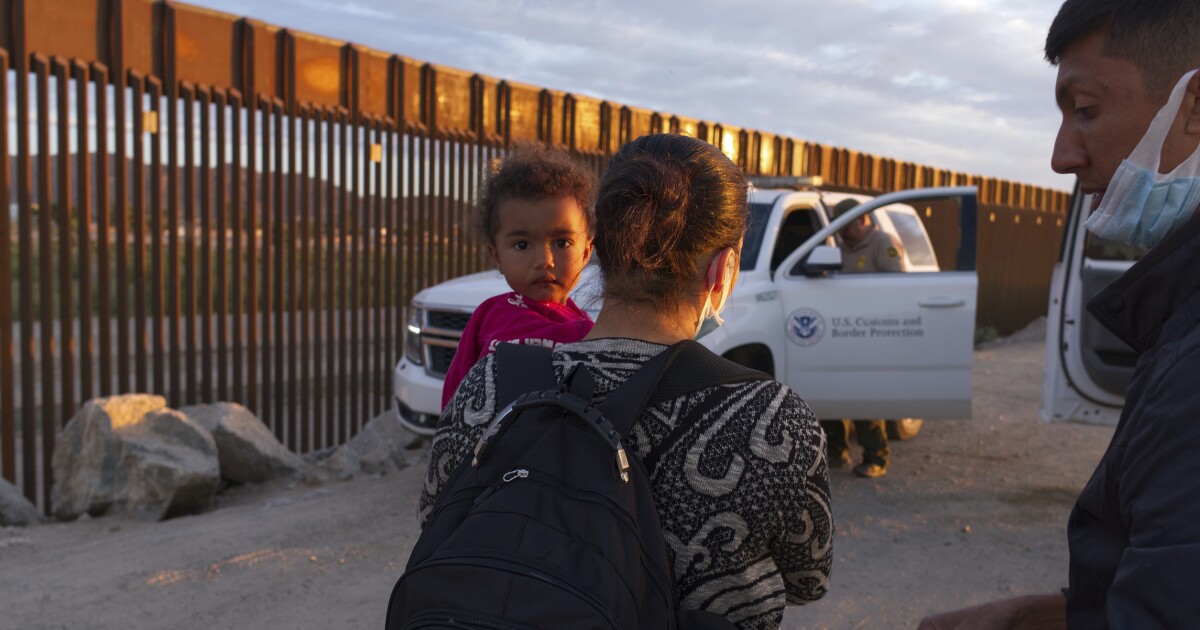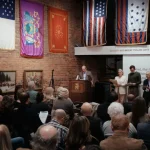

The Biden administration is reportedly set to begin conducting interviews at the southern border as part of its efforts to expand legal services to migrants and accelerate the process of seeking asylum in the United States.
Starting next week, asylum officers will begin holding screening interviews at U.S. Customs and Border Protection facilities shortly after migrants cross the border into the country, Biden administration officials told ABC News. Those interviews, typically called “credible fear” screenings, are among the first requirements to make an asylum claim.
BIDEN FUELS TENSIONS WITH DEMOCRATS BY CONSIDERING REVIVAL OF DETENTIONS FOR MIGRANT FAMILIES
“DHS will work with legal service providers to provide access to legal services for individuals who receive credible fear interviews in CBP custody,” a DHS spokesperson told the outlet. “This is part of a planning effort underway to initiate a process that would allow migrants to receive credible fear interviews from specially trained U.S. Citizenship and Immigration Services (USCIS) officers while still in U.S. Customs and Border Protection (CBP) custody.”
Screening interviews are typically conducted shortly after migrants leave border patrol custody, but Biden administration officials are seeking to speed up the process in anticipation of a surge of asylum-seekers after a pandemic-era immigration rule ends next month. Those interviews are usually done over the phone by asylum officers but will now be conducted in person.
CLICK HERE TO READ MORE FROM THE WASHINGTON EXAMINER
Additionally, the Department of Homeland Security is working to expand access to legal services for migrants in border facilities, including a move last year that allows asylum officers to decide cases on behalf of immigration judges.
The changes come as Biden administration officials prepare for the end of Title 42, a COVID-era rule that allowed Border Patrol agents to expel immigrants immediately upon encountering them. Officials say they expect a surge of migrants seeking to cross the border once that rule is lifted, prompting the interview changes.





